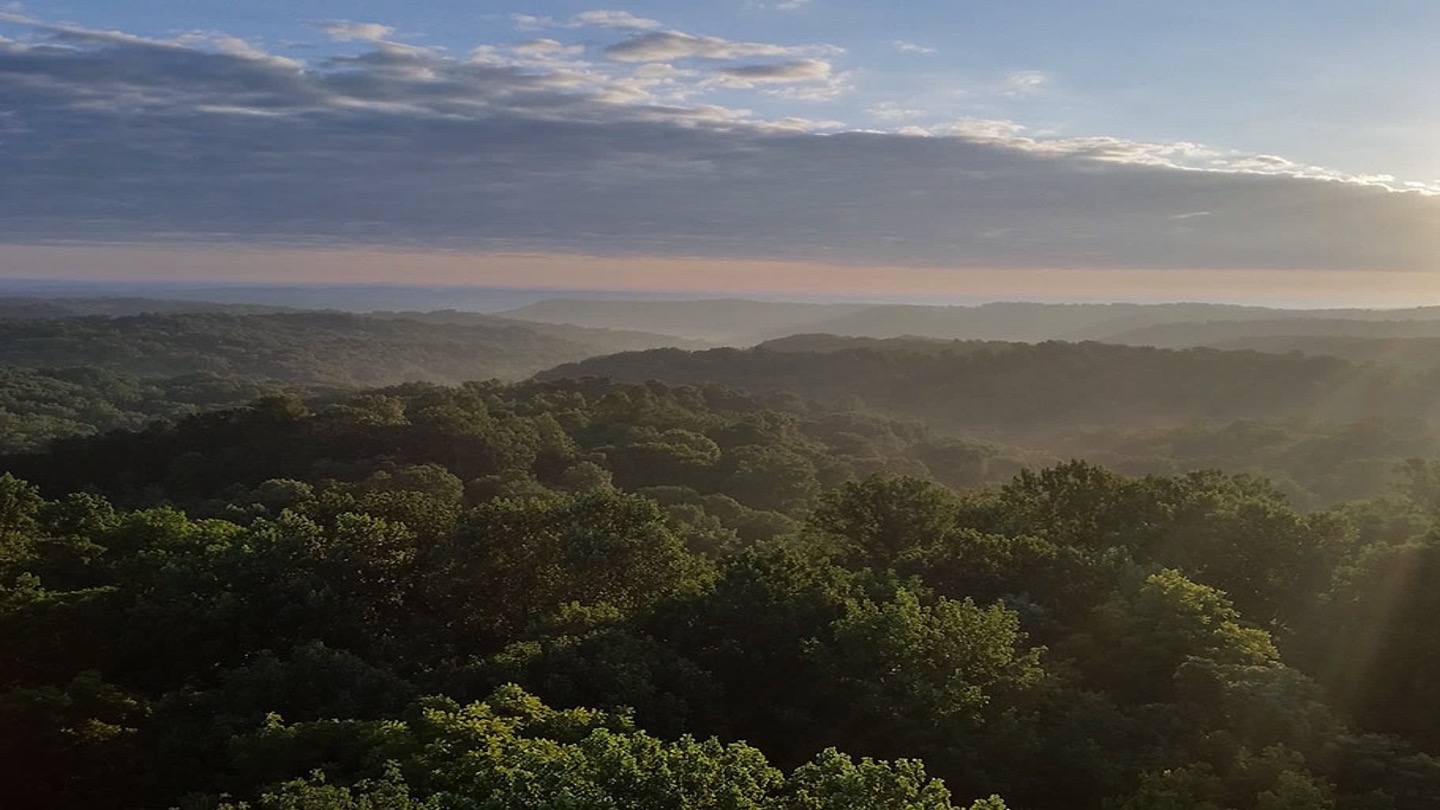Who we are
Dr. Richard P. Phillips
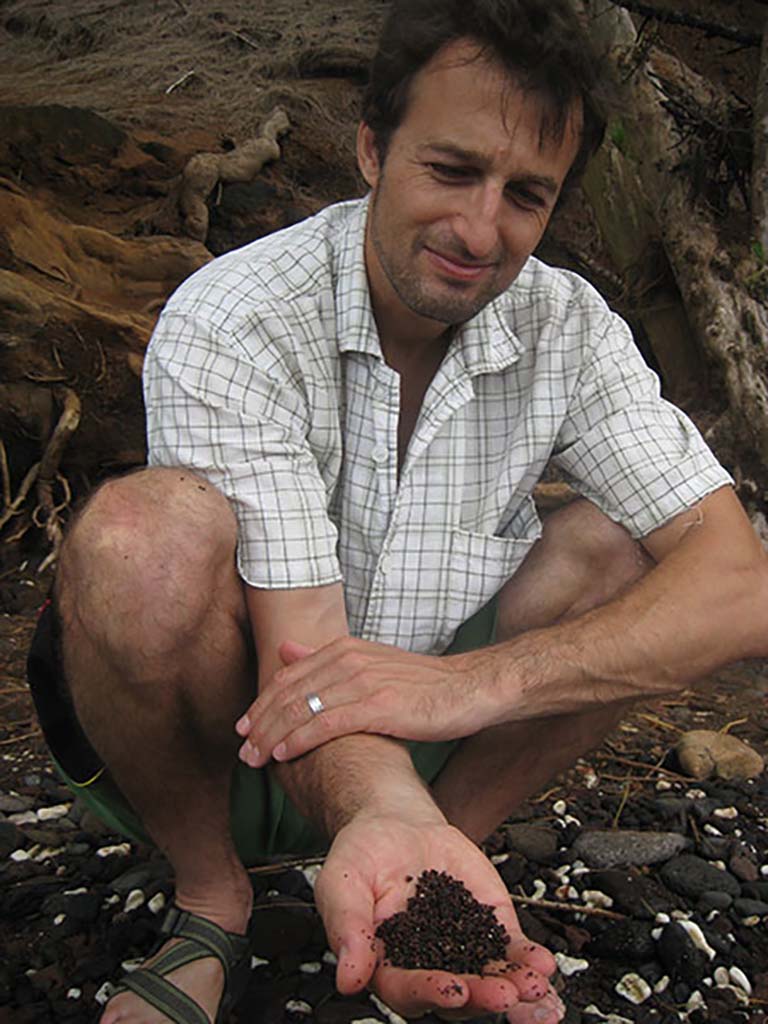
Professor
Director of Research, IU Research and Teaching Preserve
Director of EEB Graduate Program
Pronouns: he/him/his
Department of Biology
Biology Building 247
1001 E. Third St.
Indiana University
Bloomington, IN 47405 USA
(812) 856-0593
I was born in Boston, and graduated from the University of Vermont with a BA in Environmental Studies. After college, I landed a series of highly-rewarding teaching jobs: building hiking trails with at-risk youth, developing science and math lesson plans for special-needs students, and teaching first generation college-bound students through the Upward Bound Program. While I loved these experiences, I found myself longing to do science. So I enrolled in a master's program at the SUNY College of Environmental Science and Forestry and conducted research on how aluminum toxicity (owing to acid rain) impacts sugar maple health. Eventually, I enrolled in a Ph.D. Program at Cornell where my dissertation focused on how trees enhance nutrient availability via the activities of their roots. After Cornell, I worked as a postdoc at Duke, investigating how trees exposed to CO2 enrichment physiologically adjust to take up soil nutrients and sustain productivity.
Mentorship is a critical component of a successful science career. As a mentor, I strive to make myself available and accessible, and I try to create a lab environment/culture where creativity is encouraged, excellence is expected, and successes are celebrated. My mentoring philosophy is to provide mentees with (or help them find) all the tools and skills needed to conduct independent research and launch their own successful research programs. I try to lead by example by being enthusiastic, risk-taking, and high-achieving in my scientific endeavors and respectful and supportive in my professional interactions.
I welcome inquiries from motivated students interested in how regional and global environmental changes influence carbon and nutrient cycling in ecosystems. I strongly encourage you to read through a few recent lab publications. If you’re interested in the “big-picture” ideas described in the first few paragraphs of each paper’s introduction, our lab is likely to be a good fit for you. Our lab is a collaborative, highly interactive and dynamic group, with broad interests in community/ecosystem ecology and soil biogeochemistry. Incoming Ph.D. students are encouraged to develop their own research projects. Although not a prerequisite, prospective students with interests in fieldwork and familiarity with soils or plant tissue research are encouraged to apply.
Lab members
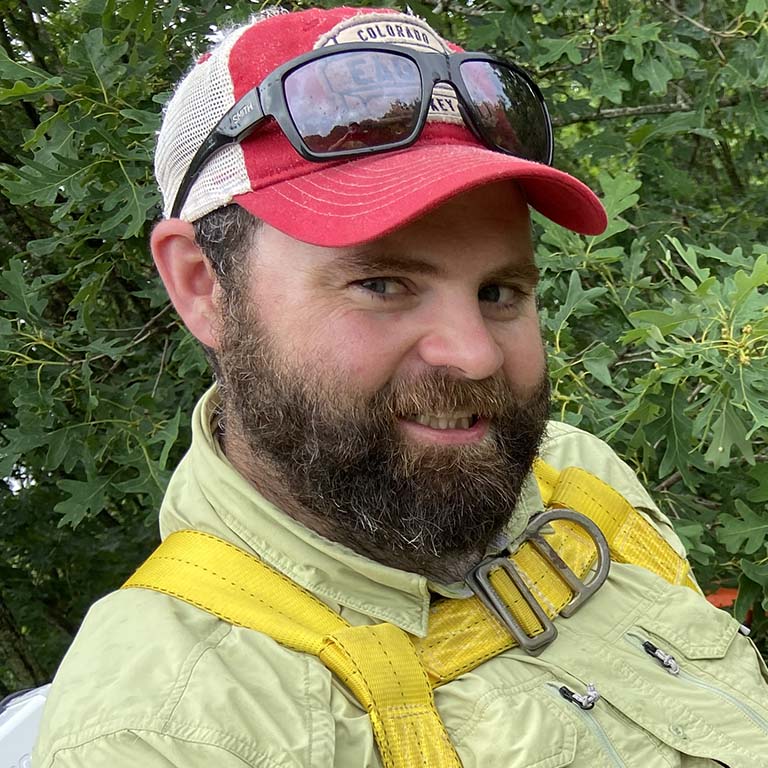
Postdoctoral fellow
Research interests: mechanisms regulating plant and ecosystem gas exchange across both temporal and spatial scales of managed and unmanaged systems.
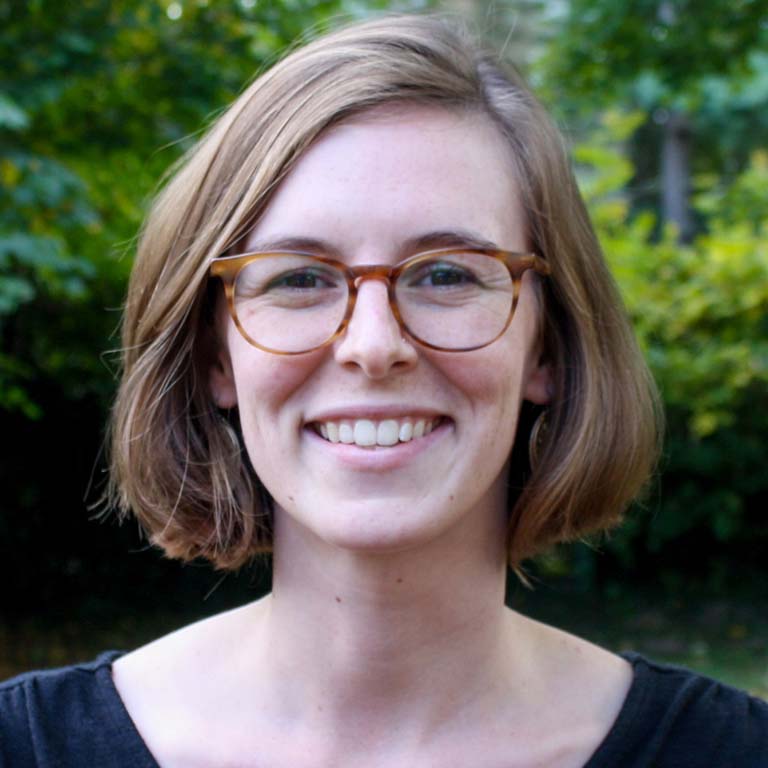
Postdoctoral fellow
Research interests: influence of soil microbes on carbon cycling in forest ecosystems—in particular, the ways that microbial communities may influence the response of ecosystem carbon dynamics to climate change and shifts in forest composition.
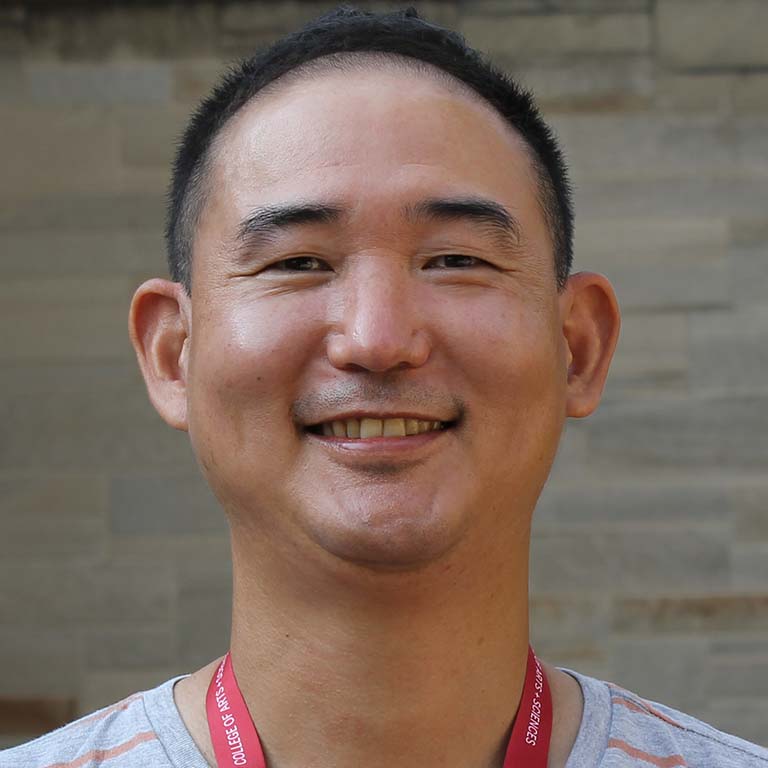
Ph.D. student
Research interests: how the belowground traits of trees and mycorrhizal fungi affect soil biogeochemical cycles in order to better understand forest ecosystem functioning—particularly, in improving our ability to upscale measurements of root traits and to expand belowground trait measurements in ecosystem models.
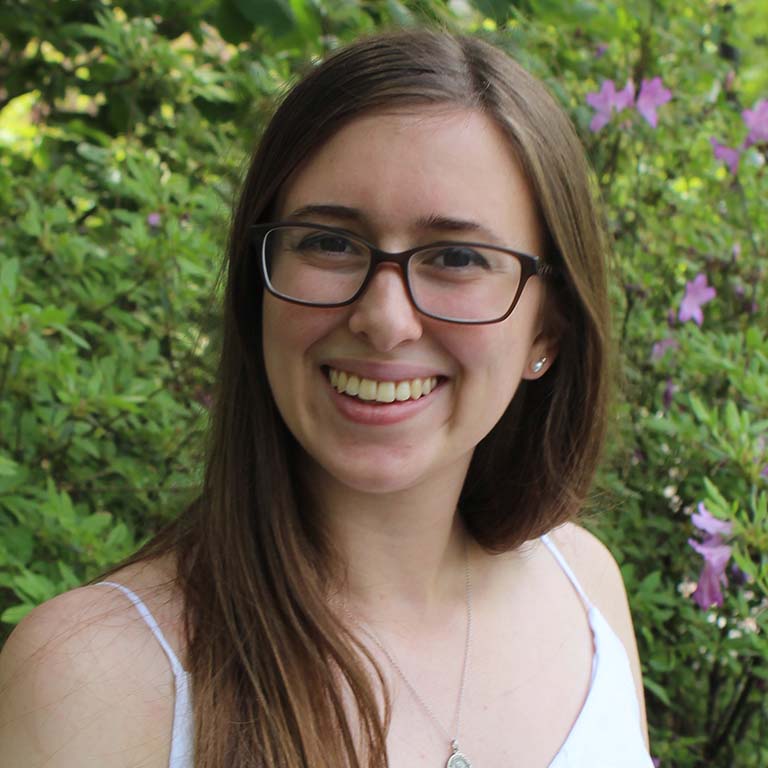
Ph.D. student
Research interests: I am interested in how free-living microbes and mycorrhizal fungi affect trees in the face of drought. Specifically, I aim to see whether microbes are adapting, acclimating, or undergoing community shifts in response to long-term drought, which can help them confer physiological benefits to their adjacent trees.
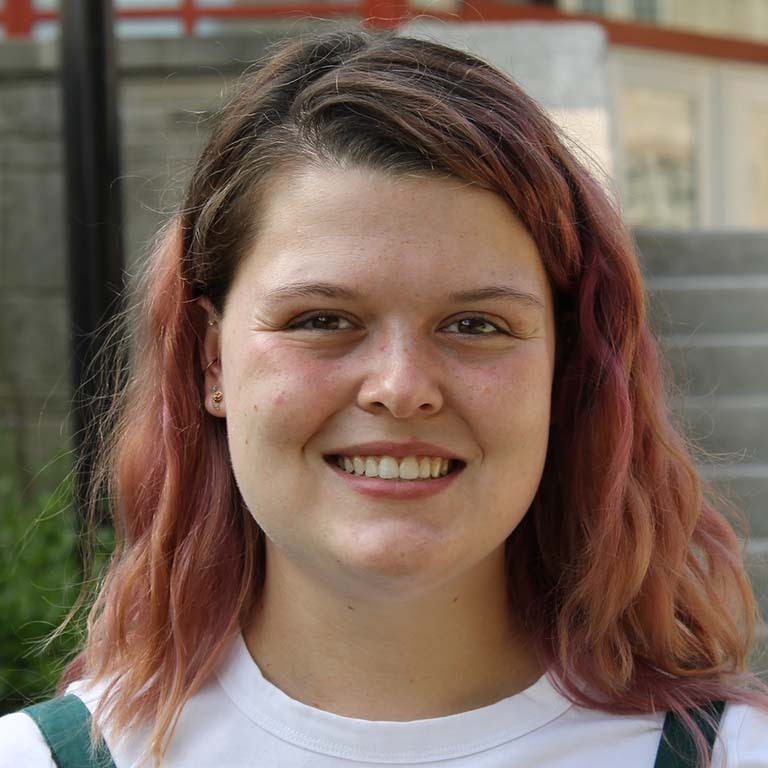
Ph.D. student
Research interests: I am interested in the cycling of nutrients in forest soils and the role of microorganisms in shaping those cycles. Specifically, I am currently focused on the various factors that impact the formation and decomposition of mineral associated organic matter.
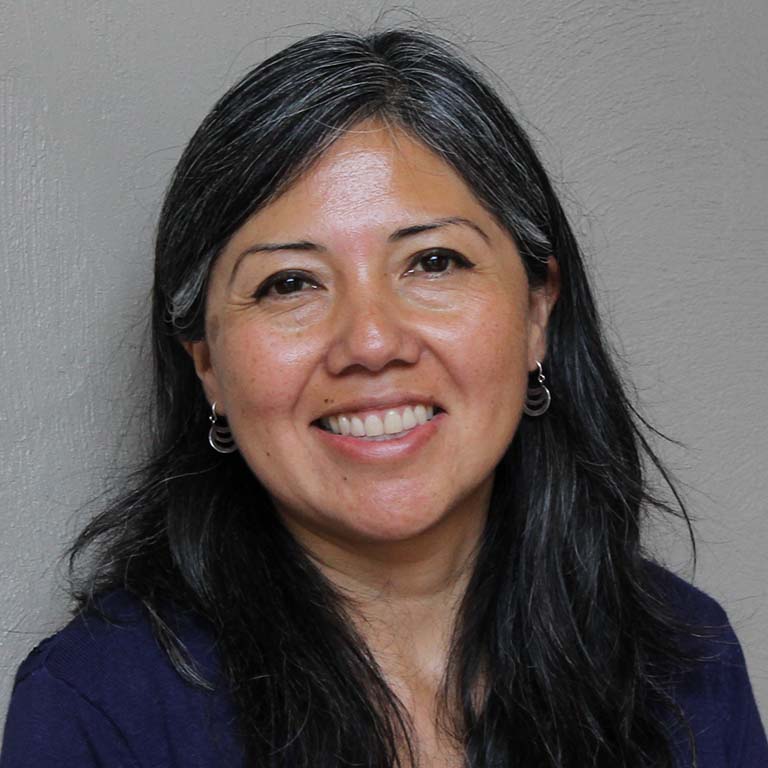
Elizabeth Huenupi
Lab manager/supervisor
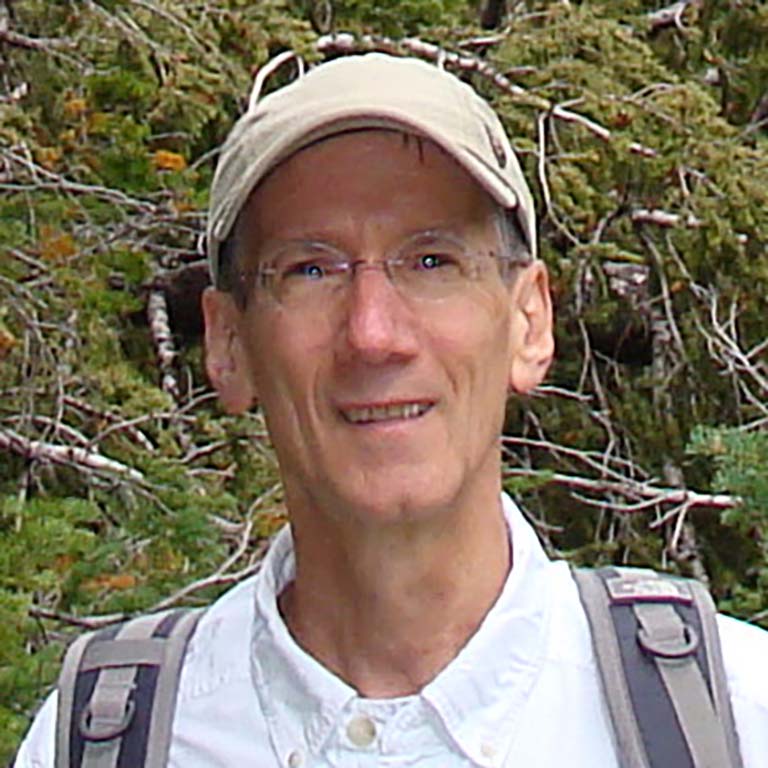
Mark Sheehan
Forest technician, field biology specialist
Maintains scientific infrastructure and collects baseline data in shared research plots; conducts field campaigns in collaboration with principal investigators, staff, and students.
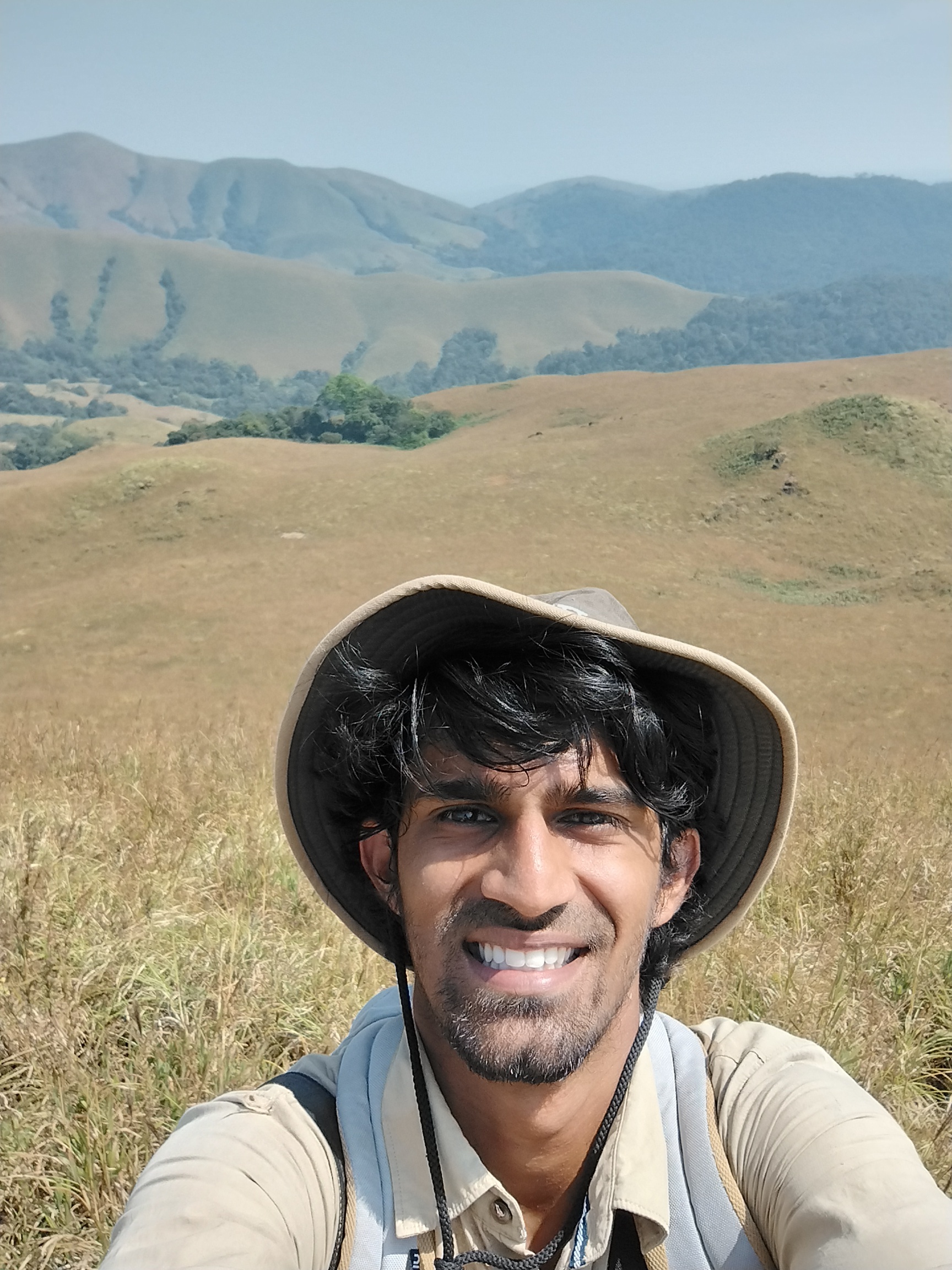
Ph.D. student
Research interests: The role of mycorrhizae in tree community assembly and how this relationship scales up to influence ecosystem functioning.
Meet some lab alumni
- Malaak Alqaisi (former undergraduate, honor's student; now working at Simtra BioPharma solutions in Bloomington, IN)
- Katie Beidler (former Ph.D. student; now post-doc at University of MInnesota)
- Zach Brown (former lab supervisor; now Ph.D. student at the University of Tasmania)
- Eddie Brzostek (former postdoc; now associate professor at West Virginia University)
- Tanya Cheeke (former postdoc; now assistant professor at Washington State University)
- Matt Craig (former Ph.D. student; now associate scientist in mathematical ecology at Oak Ridge National Lab)
- Loïc D’Orangeville (former postdoc; now associate professor at University of New Brunswick, Canada)
- Alex Eilts (former visiting scientist; now research associate at the University of Minnesota)
- Luke Jacobs (former technician and undergraduate researcher; now CEO and co-founder of Encamp)
- Steve Kannenberg (former Ph.D. student; now assistant professor at West Virginia University)
- Adrienne Keller (former Ph.D. student; now Climate Adaptation Specialist, Northern Institute of Applied Climate Science)
- Marissa Lee (former technician; now bioinformatician at North Carolina State)
- Ina Meier (former postdoc; now professor at University of Hamburg, Germany)
- Meghan Midgley (former Ph.D. student; now soil ecologist at Morton Arboretum, Chicago)
- Ryan Mushinski (former postdoc; now assistant professor at Warwick College, UK)
- Laura Podzikowski (former lab manager; now Ph.D. student at University of Kansas)
- Andrew Quebbeman (former technician; now data analytics and statistical consultant, NY)
- Anna Rosling (former visiting scientist; associate professor at Uppsala University, Sweden)
- Andrea Scheibe (former postdoc; now research assistant at Max Planck Institute for Biogeochemistry, Jena, Germany)
- Max Scheel (former undergraduate technician; now graduate student at University of Notre Dame)
- Ben Sulman (former postdoc; now staff scientist at Oak Ridge National Lab)
- Amy Trowbridge (former postdoc; now assistant professor at University of Wisconsin)
- Adam Weiler (former undergraduate, honor's student; now doing ecological restoration in Madison, WI)
- Huajun Yin (former visiting scientist; now professor at Chengdu Institute of Biology, CAS)
- Quan Zhang (former postdoc; now lecturer at State Key Laboratory, Wuhan University, Wuhan, China)


